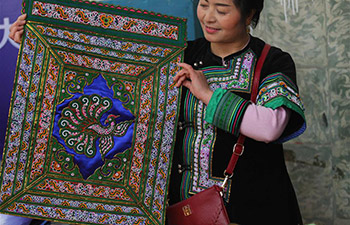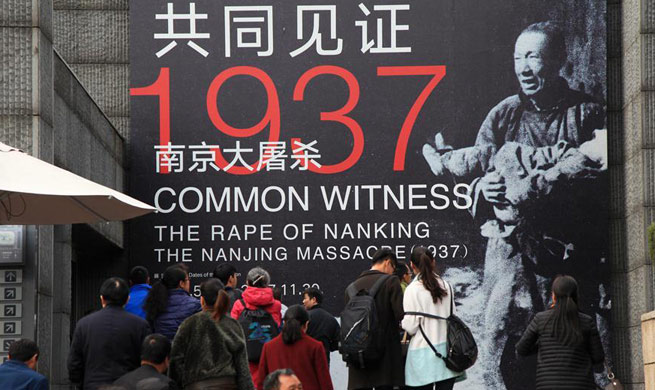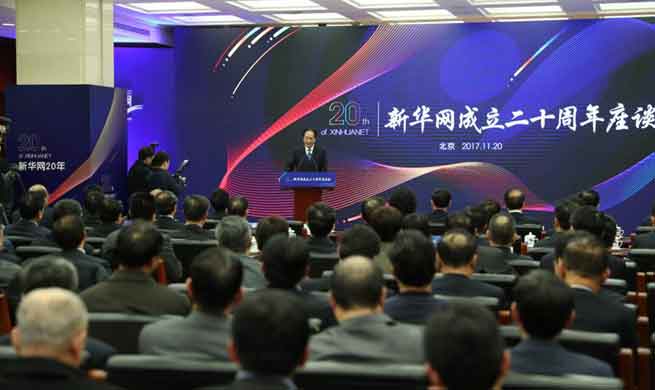GENEVA, Nov. 20 (Xinhua) -- The first-ever figures reveal that nearly one third of the value of manufactured products sold globally comes from "intangible capital" such as branding, design and technology, a World Intellectual Property Organization (WIPO) study showed Monday.
WIPO released the report at a press conference in Geneva. The study of what companies use to produce their goods shows that intangible capital was some 5.9 trillion U.S. dollars in 2014.
"Intangible capital will increasingly determine the fate and fortune of firms in today's global value chains," WIPO director-general Francis Gurry told journalists.
"It is behind the look, feel, functionality and general appeal of the products we buy, and it determines success in the marketplace."
The report examines how much income accrues to labor, and tangible and intangible capital in production across all manufacturing activities.
It covers one quarter of total global economic output, with case studies on coffee, solar panels, and smartphones examining national accounts, international trade statistics, and company data.
Intellectual property, in turn, is how companies secure competitive advantages flowing from their intangible capital, Gurry noted.
The report cites Apple with 57 percent of market share and Samsung, with 25 percent, dominating the market for high-end smartphones. In this segment, crucial intangible assets include technology, hardware and software design, and branding.
For every iPhone 7 that Apple sells for some 810 U.S. dollars, around 42 percent of the sales price goes to Apple -- an example of the high returns from intangible capital in the industry, according to the report.
"Huawei and Samsung also capture significant value in their top-end smartphone models, despite their lower consumer prices and sales volume," says the report.
In China, patenting continued to grow in the photovoltaic (PV) solar panels-making sector, said WIPO.
"China has been able to enter global value chains, and this is seen most dramatically in the report around photovoltaics, but also in smartphones such as is seen in Huawei and others," chief WIPO economist Carsten Fink noted.

















